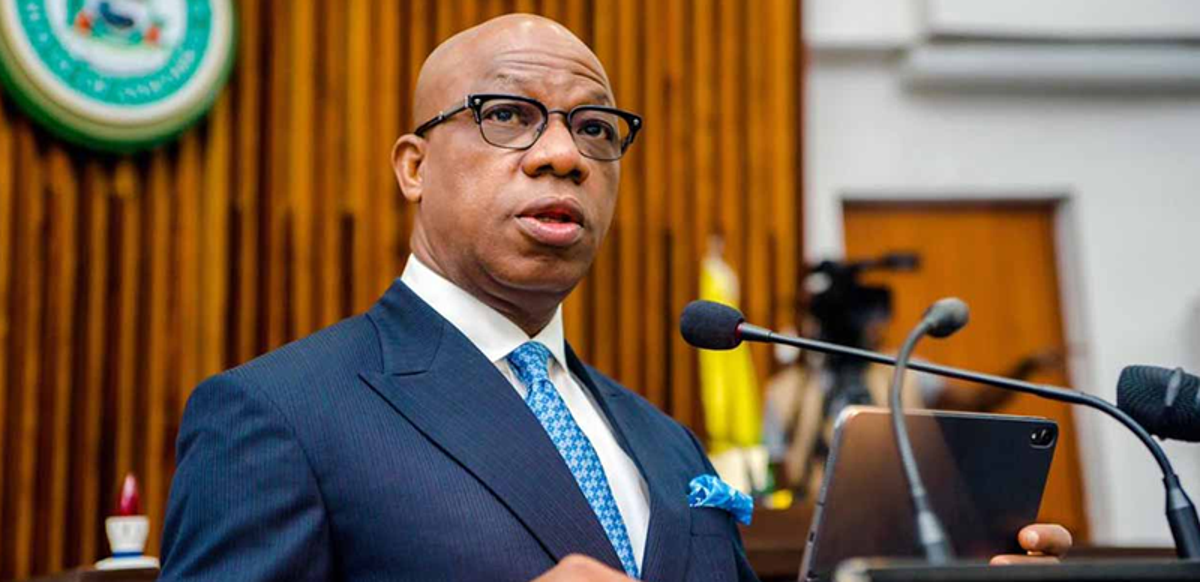
It’s a drab first anniversary in Ogun State, where the governor, Dapo Abiodun, grapples with paucity of fund, inherited debt, and the COVID-19 pandemic, among other challenges.
Shortly after he assumed office, his government reportedly experienced financial constraints as he discovered that there was no money left to pay the state’s workforce.
The governor lamented that he had to run to his friends in the private sector, including banks, who loaned him N7billion with which he paid the workers.
And on May 1st, he disclosed that the most pressing issue confronting him was how to commence the payment of the minimum wage as agreed between his administration and the organised labour in the state.
The governor said he was aware of organised labour’s expectations of his government in respect of workers’ welfare, and he stated that his administration was weighing its options amid the impact of the COVID – 19 pandemic on the state resources.
He, however, assured that the administration has set up a joint committee with organised labour, to assess the impact of COVID-19 on staff welfare and identify all the outstanding issues and how they could be addressed in the wake of the pandemic.
Abiodun said: “By far the most pressing, however, is the commencement of the payment of the new minimum wage as agreed between government and labour, and some other related matters.
“As part of our administration’s sincere commitment to fulfill our part of the agreement on the payment, we have set up a joint committee with labour to assess the impact of COVID-19 on staff welfare and identify all the outstanding issues and how these could be addressed in the wake of COVID-19.”
Speaking exclusively to The Nation, through his Chief Press Secretary, Kunle Somorin, Governor Abiodun admitted that these are unusual times for his administration but he has chosen to remain committed to his promises.
He also declared that he had “no plans to downsize the workforce,” and disclosed measures being taken by his government to wade through the financial strait; such measures include a ban of non-essential travels by all civil servants and political appointees, the creative shoring of internally generated revenue (IGR), and elimination of leakages, among other cost reductionefforts.
He said, “Also, we are enhancing accountability and transparency and strengthening the Government Delivery Unit to ensure efficient and effective delivery of projects and policies.
“Furthermore, the government would prioritise capital spending on critical sectors such as agriculture, healthcare, infrastructure, and other projects that will enhance the living standards of the citizenry.”

